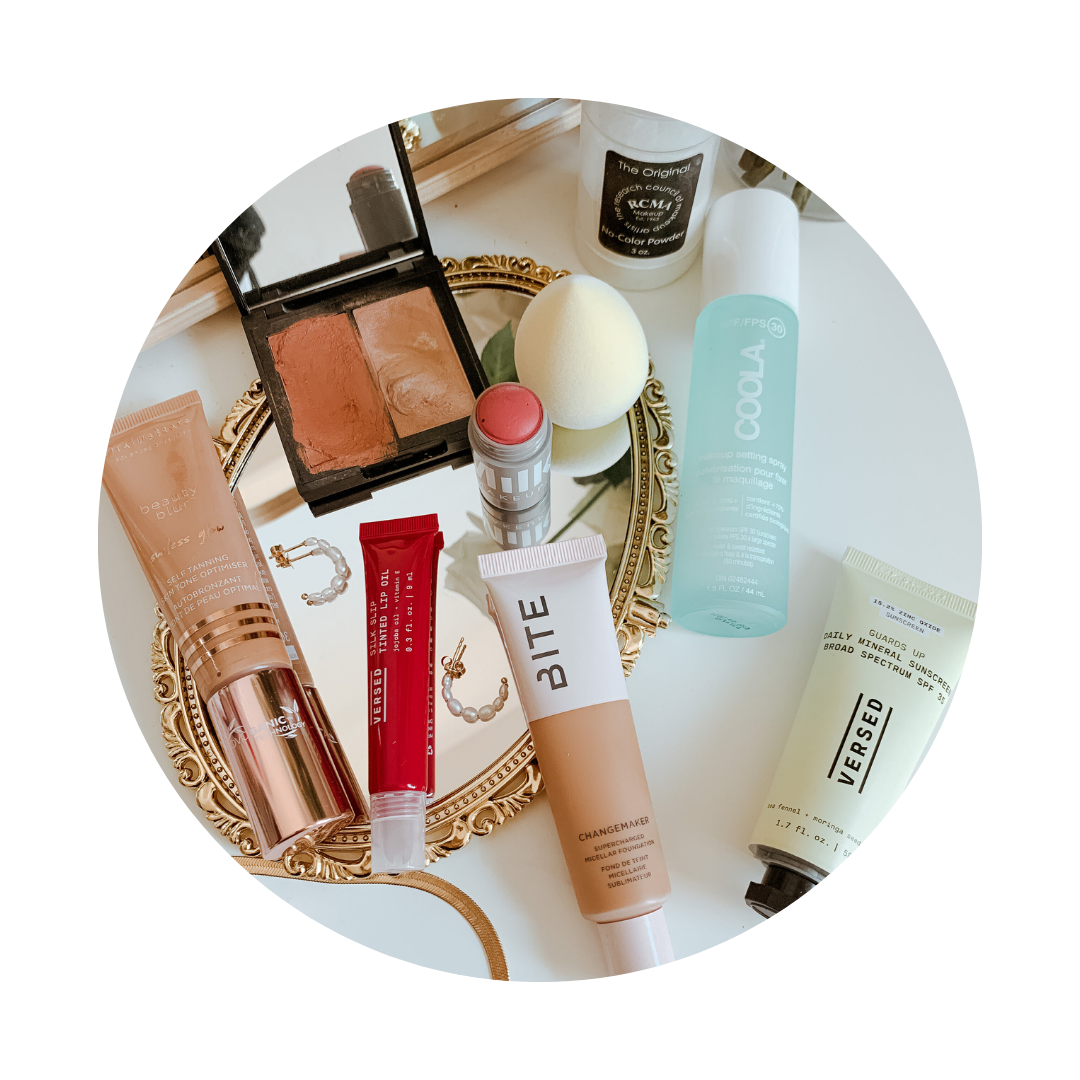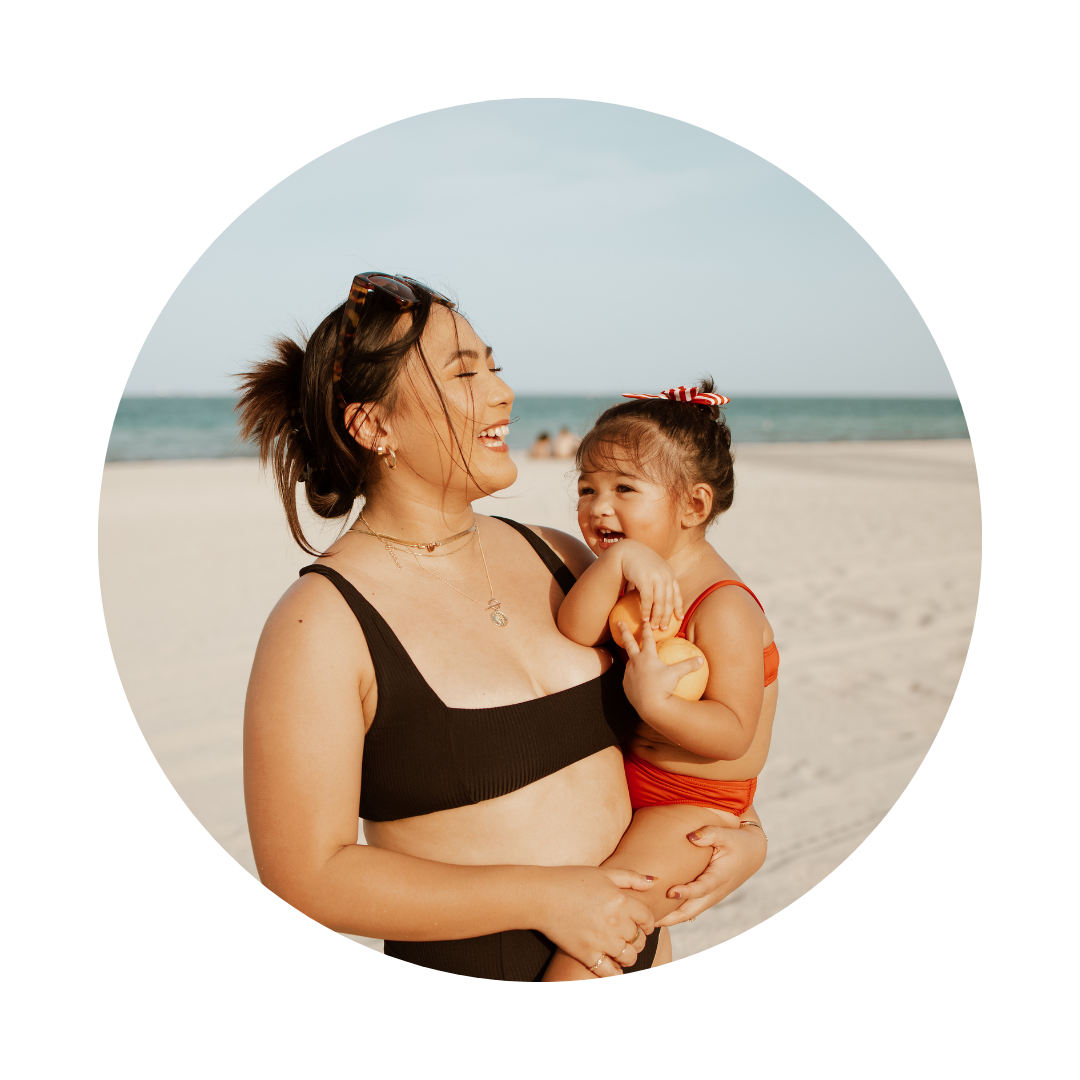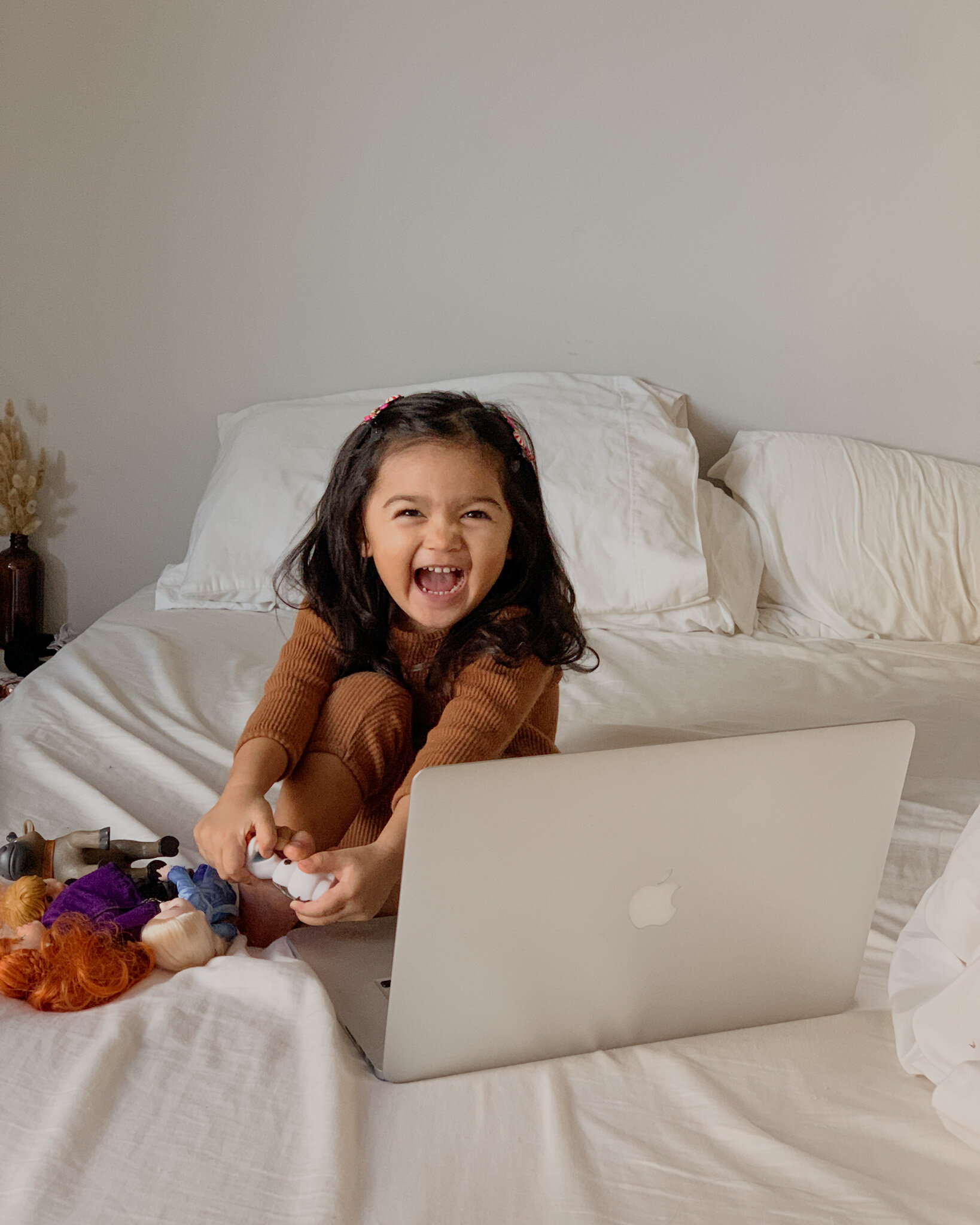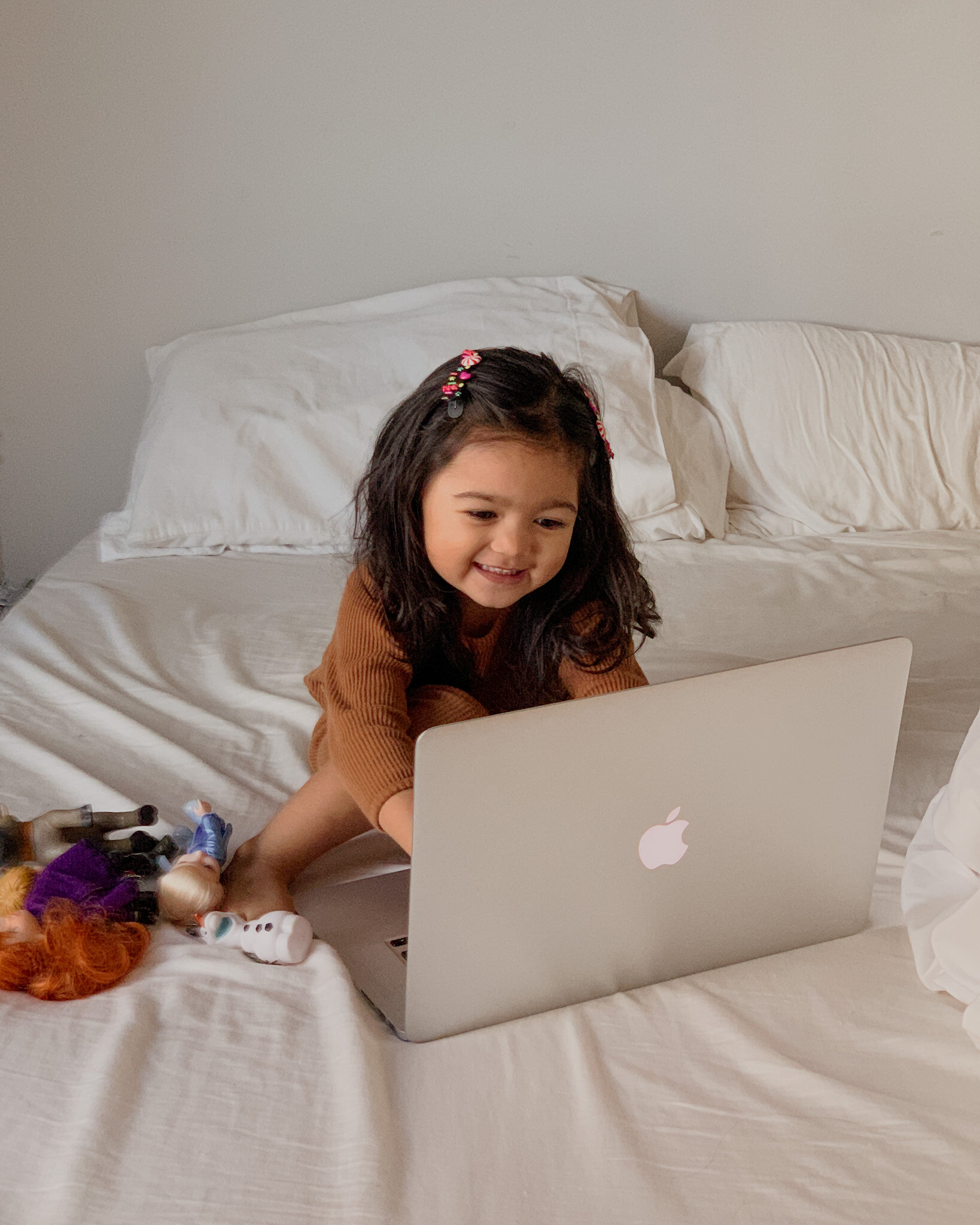How To Keep Children Safe Online
The internet is especially hard to mentor and control, even for experts who spend the majority of their professional lives trying to do it.
The reality is that the internet is too vast to fully control or monitor. While some good parental control exists at popular websites the best way to defend against predators and protect your children online is through communication and common sense practices.
Today, I’m sharing 5 tips on how you can protect your child from the internet.
1. Prioritize Safety
The Internet is a wonderful tool to help your child develop and entertain them. Raise your hand if you’re team iPad/iPhone! Additionally, the world is increasingly digital and your child needs to learn the ropes and understand the culture to be effective as they grow up. However, the dangers of the internet are obvious. You need to find the balance between allowing your child to use the internet freely and protecting them while online. One way to do this is to prioritize safety. But what does this mean in practice? Does it mean parental controls, or strict house rules? The best way to prioritize safety is in the conversations you have with your children. Some parental control might be useful but in the long run you need to train them to spot and report dangers when they see them. Do this by maintaining an open channel of communication.
2. Set Parental Controls
Parental controls are also a good way to protect your children from harm online. Parental controls allow you to set limits in three areas: the network, the device, and the app. Each level has different pros and cons and setting limits will depend on your objectives. Parental controls at the network level affect all devices using that network. Use this if you want to disable certain areas of the Internet in the home. You then have the device level where you set the limits on individual devices to allow access for adults. Finally, you can identify certain apps to restrict.
While parental controls are good and have a place they are no match for open and responsible channels of communication. The trouble with parental controls in that children feel locked out, this only encourages curiosity. Talking to them regularly about the dangers is a better practice.
3. Discuss Their Activity
When it comes to children's safety online one of the best defenses against the dangers is active communication. Regular communication on the subject lets your children know what to look out for and who to talk to about anything strange. Since Addie is still a toddler, she’s really unable to communicate with someone online, but if your child starts talking to someone online, either through a chat or on the phone, you could search for how to do a reverse phone lookup to protect their safety. But it would be better if your child has the confidence and understanding to tell you about the situation. Encourage this line of communication by regularly discussing what they are up to online. You don't need to fish for information, just make the conversation friendly, open and regular, so they know who to talk to.
Set Boundaries
While open communication seems to be the most effective way to protect children in the digital age, boundaries may also be needed for a healthy lifestyle, both on and off line. Boundaries can be a healthy way to encourage human interaction and positive habits. If children don't have any boundaries when it comes to the internet there is a chance they will get lost in the immersion of gaming or social media. Of course, some activity of this kind is important for their development but too much can be addictive and bad for their mental health. Talk to your children about what they like to do online and tell them you need to set some limits. The best way is to collaborate with them on the time they need and what's acceptable. Remember to schedule some important office family time.
Be Open
Once again the best way to protect your children online is to be open with them. This will look different depending on what age your children are. In general you want them to know they can discuss any aspect of the internet with them, and especially if they feel unsure about something. For younger children, being open means creating an environment where they feel comfortable talking about the internet and online activity. Encouraging this sensibility can start at a relatively young age, as they become familiar with their first digital screens. As your children grow up you can start to explain to them the reasons behind the conversations or the parental controls. When they gain an understanding of this from you they will see the need for it. This communication and understanding is your best and most effective defense in the digital age.



















